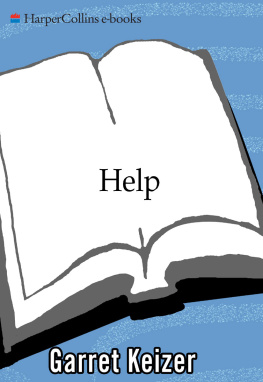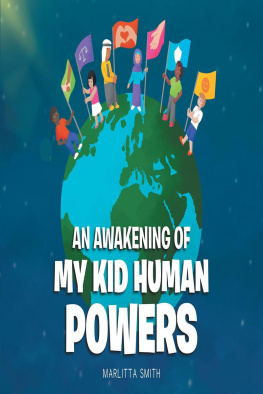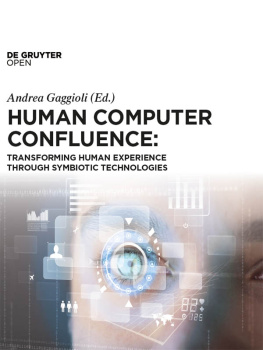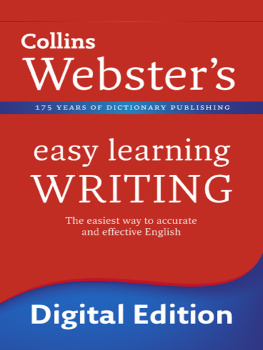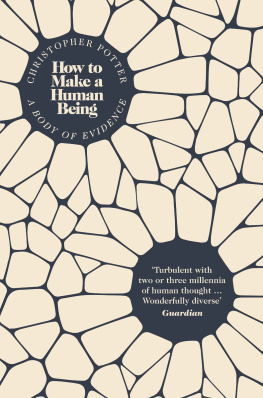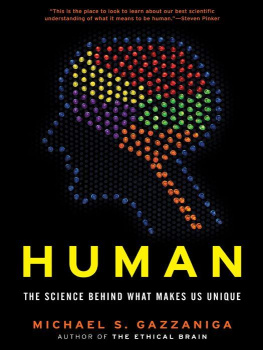Garret Keizer - Help: The Original Human Dilemma
Here you can read online Garret Keizer - Help: The Original Human Dilemma full text of the book (entire story) in english for free. Download pdf and epub, get meaning, cover and reviews about this ebook. year: 2009, publisher: HarperCollins, genre: Art. Description of the work, (preface) as well as reviews are available. Best literature library LitArk.com created for fans of good reading and offers a wide selection of genres:
Romance novel
Science fiction
Adventure
Detective
Science
History
Home and family
Prose
Art
Politics
Computer
Non-fiction
Religion
Business
Children
Humor
Choose a favorite category and find really read worthwhile books. Enjoy immersion in the world of imagination, feel the emotions of the characters or learn something new for yourself, make an fascinating discovery.
- Book:Help: The Original Human Dilemma
- Author:
- Publisher:HarperCollins
- Genre:
- Year:2009
- Rating:4 / 5
- Favourites:Add to favourites
- Your mark:
Help: The Original Human Dilemma: summary, description and annotation
We offer to read an annotation, description, summary or preface (depends on what the author of the book "Help: The Original Human Dilemma" wrote himself). If you haven't found the necessary information about the book — write in the comments, we will try to find it.
In a book the San Francisco Chronicle called unclassifiably wise and a masterpiece, noted Harpers essayist Garret Keizer explores the paradox that we are human only by helping others and all too human when we try to help.
It is the primal cry, the first word in a want ad, the last word on the tool bar of a computer screen. A song by the Beatles, a prayer to the gods, the reason Uncle Sam is pointing at you. What we get by with a little of, what we could use a bit more of, what we were only trying to do when we were so grievously misunderstood. What well be perfectly fine without, thank you very much.
It makes us human. It can make us suffer. It can make us insufferable. It can make all the difference in the world. It can fall short.
Help is like the swinging door of human experience: I can help! we exclaim and go toddling into the sunshine; I was no help at all, we mutter and go shuffling to our graves. Im betting that the story can be happier than that . . . but I have a clearer idea now than I once did of what Im betting against.
In his new book, Help, Garret Keizer raises the questions we ask everyday and in every relationship that matters to us. What does it mean to help? When does our help amount to hindrance? When are we getting less helpor morethan we actually want? When are we kidding ourselves in the name of helping (or of refusing to enable) someone else?
Drawing from history, literature, firsthand interviews, and personal anecdotes, Help invites us to ponder what is at stake whenever one human being tries to assist another. From the biblical Good Samaritan to present day humanitarians, from heroic sacrifices in times of political oppression to nagging dilemmas in times of ordinary stress, Garret Keizer takes us on a journey that is at once farranging and never far from where we live. He reminds us that in our perpetual need for help, and in our frequent perplexities over how and when to give it, we are not alone.
Garret Keizer: author's other books
Who wrote Help: The Original Human Dilemma? Find out the surname, the name of the author of the book and a list of all author's works by series.

